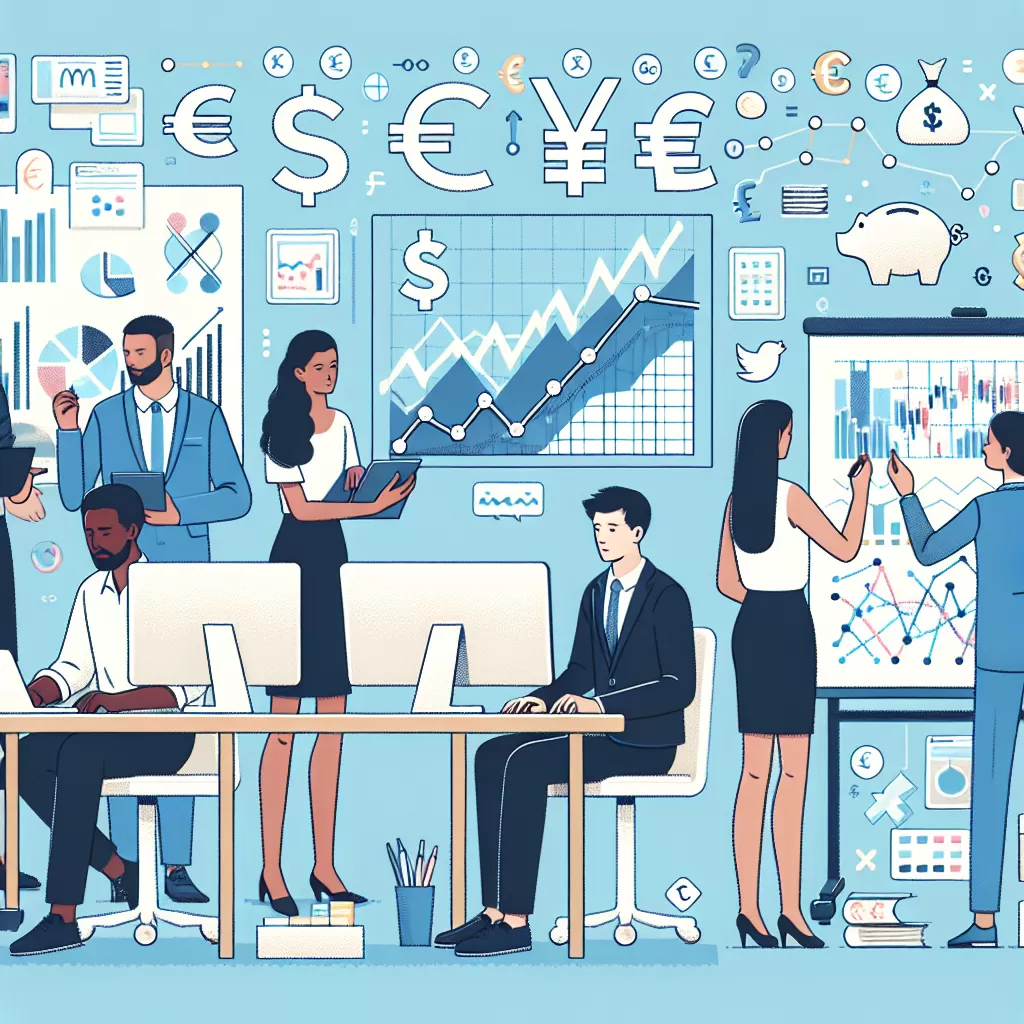Who Sets Currency Exchange Rates
Follow Currency Mart April 10, 2024
Where to purchase Foreign Currencies?
 #The Mystical Realm of Currency Exchange Rates: The Custodians of the Craft
Currency exchange rates are a fundamental part of the interconnected, global economy we live in. They serve as the dance floor for numbers and values, transforming across borders and impacting all fields of commerce. The question often arises, who choreographs this intricate dance? Who exactly sets these foreign exchange rates? Let's begin an enlightening exploration to demystify the guardians of currency exchange rates.
##
#The Mystical Realm of Currency Exchange Rates: The Custodians of the Craft
Currency exchange rates are a fundamental part of the interconnected, global economy we live in. They serve as the dance floor for numbers and values, transforming across borders and impacting all fields of commerce. The question often arises, who choreographs this intricate dance? Who exactly sets these foreign exchange rates? Let's begin an enlightening exploration to demystify the guardians of currency exchange rates.
##The Market Forces: Invisible Puppeteers
Forex market, aka foreign exchange or currency market, is traditionally a decentralized market where currencies are traded around the world. Here, the rates are largely influenced by market forces - supply and demand, when it comes to setting currency exchange rates. When the demand for a particular currency rises, its value typically increases. Conversely, if the supply of a currency exceeds its demand, its value falls. These trends are easily influenced by a multitude of factors such as economic indicators, natural disasters, political stability, and investor sentiment. ##The Central Banks: The Sovereign Conductors
Central banks, the behemoths of finance, play a crucial role in forex. In fact, they are considered the primary performers in setting currency exchange rates. These institutions wielding significant power have the authority to intervene in the forex market to stabilize or increase the value of their national currency. Central banks use methods like altering interest rates and quantitative easing. By raising the prime rate, a central bank prompts investors to park their funds in a high interest generating currency, thereby increasing its demand and value. On the other hand, quantitative easing releases more of its currency into the market, increasing supply and depreciating the currency's value. ##Commercial Banks and Exchange Bureaus: The Dynamic Trailblazers
Commercial banks and exchange bureaus, acting as intermediary players, contribute in shaping exchange rates. These entities buy and sell currencies at retail rates - the customer’s exchange rate - and the difference they keep, known as the 'spread', marks their profit. To remain competitive, these institutions must constantly adjust their rates following international trends and competitor prices. They also need to account for the associated risk of holding large amounts of several currencies, factoring in potential depreciation. ##The Digital Terminators: Online Forex Platforms
In the era of digitization, new players have entered the fray. Online forex platforms offer customers the ability to convert currencies at the click of a button. Similar to commercial banks, they make a profit through the spread. They are renowned for substantially lower fees and advantageous rates because of their lean operating models. These platforms also use highly accurate algorithms to determine exchange rates, employing deep learning for accurate prediction and taking multiple factors into account. This allows them to adapt in real-time to the fluctuating market conditions. ##Government: The Guiding Light behind the scenes
Last, but not least, governments can indirectly influence exchange rates via economic policies and fiscal control measures. They can sway market sentiment, impact national economic health, and change the demand and supply balance of their currency. Their policy decisions regarding inflation, deficits, public debt and economic growth have a significant bearing on currency exchange rates. In the realm of currency exchange, these are the distinguished guardians that shape and set the rates. Their individual actions and collective interplay create a rich tapestry of dynamic and complex movements in exchange rates, dictating the tempo of the global financial dance. From the bustling markets of Toronto to the serene banks of Vancouver, the convergence of these forces continues to dictate the heartbeat of international trade and finance.
Where to purchase Foreign Currencies?